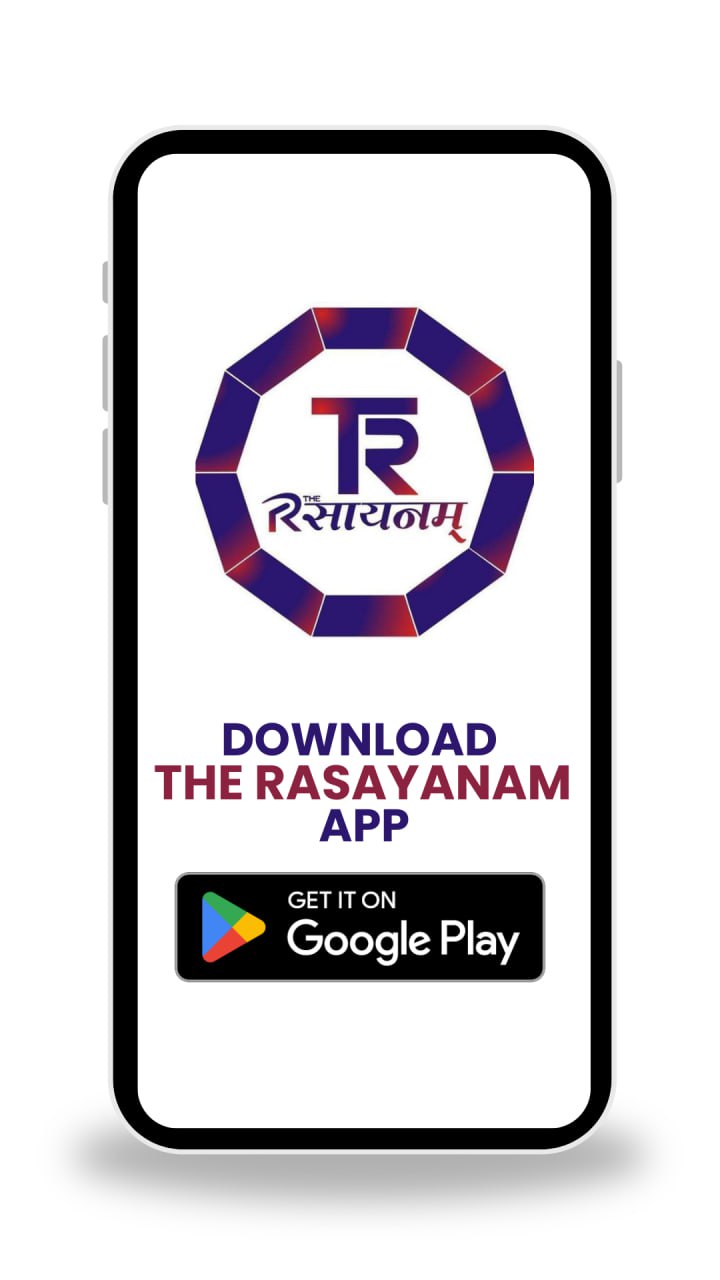Scoring 90+ in the subject section of KVS PGT Chemistry is not about using too many books—it’s about mastering the right ones. If you’re wondering how to prepare for KVS PGT Chemistry effectively, the smartest strategy is simple: combine NCERT with Previous Year Questions (PYQs).
In this blog, you’ll learn exactly how to use NCERT and PYQs together for a high score, a week-wise plan, and expert tips to boost your results.
🔍 Why NCERT is Non-Negotiable
Whether you’re a beginner or a repeater, NCERT is the core of KVS PGT Chemistry preparation. Here’s why:
- Many direct or slightly modified questions come straight from NCERT.
- Concepts, reactions, and diagrams are frequently asked in exams.
- The language is exam-friendly and aligned with KVS’s difficulty level.
👉 Tip: Read every line of NCERT, especially examples, footnotes, tables, and diagrams. These often contain hidden questions.
📚 Strategy to Master NCERT for KVS PGT Chemistry
To score well, treat NCERT like your main textbook. Here’s how:
✅ Physical Chemistry
- Understand concepts, derive formulas.
- Focus on solved examples and in-text exercises.
- Make a formula sheet for regular revision.
✅ Organic Chemistry
- Highlight key mechanisms and name reactions.
- Make flashcards for conversions and reagents.
- Revise reaction conditions regularly.
✅ Inorganic Chemistry
- Memorize periodic trends and exceptions.
- Focus on chemical bonding, coordination compounds, and block elements.
- Use tables and color codes to make revision easy
📂 Why PYQs Are Your Secret Weapon
Solving Previous Year Questions is not optional—it’s essential. Here’s why:
- Helps you understand the exam pattern and repeated questions.
- Sharpens your speed and accuracy.
- Builds confidence by simulating the real exam.
🧠 How to Use PYQs Effectively:
- After reading a chapter from NCERT, solve its related PYQs.
- Identify frequently asked topics and mark them for revision.
- Don’t just solve—analyze your mistakes and understand the logic.
🗓️ 4-Week Study Plan Using NCERT + PYQs
Here’s a realistic and focused plan to score 90+ in KVS PGT Chemistry:
Week 1: Physical Chemistry
- Read NCERT: Mole Concept, Thermodynamics, Electrochemistry
- Solve PYQs after each chapter
- Create formula revision notes
Week 2: Organic Chemistry
- Focus on Mechanisms, Alcohols, Ketones, Biomolecules
- Make a reactions & reagents chart
- Solve PYQs from last 5 years
Week 3: Inorganic Chemistry
- Revise p-block, d-block, Coordination Compounds
- Highlight NCERT theory points
- Practice PYQs and mark repeating trends
Week 4: Full Revision + PYQ Practice
- Revise short notes
- Solve full-length PYQ sets under time limit
- Focus on weak areas identified earlier
❌ Common Mistakes to Avoid
- Ignoring NCERT in favor of bulky reference books.
- Solving PYQs without understanding the concepts behind them.
- Rushing through chapters without revision.
🔧 Tools & Resources to Help You
- NCERT Class 11 & 12 (must-have)
- PYQ Books (Arihant / Disha chapter-wise series)
- Self-made formula and reaction book
💡 Final Tips for Scoring 90+
- Focus on high-weightage chapters first.
- Use NCERT as your core textbook; solve PYQs with every chapter.
- Practice MCQs daily and revise at least one chapter per day in the last week.
 Download The Rasayanam App
Download The Rasayanam App
✍🏻Batch Join करने के लिए Playstore से The Rasayanam App Download करे। App लिंक – http://on-app.in/app/home?orgCode=wnoqi
Also, download our brochure for more details on the program and contact us with any queries.
✅ Conclusion
If you’re serious about cracking this exam and want to know how to prepare for KVS PGT Chemistry, stick to this golden rule: Master NCERT + Solve PYQs. You don’t need 10 books—you need the right strategy.
If you’re looking for expert-guided study plans, mock tests, and chemistry-specific mentorship, join The Rasayanam and take your preparation to the next level.
